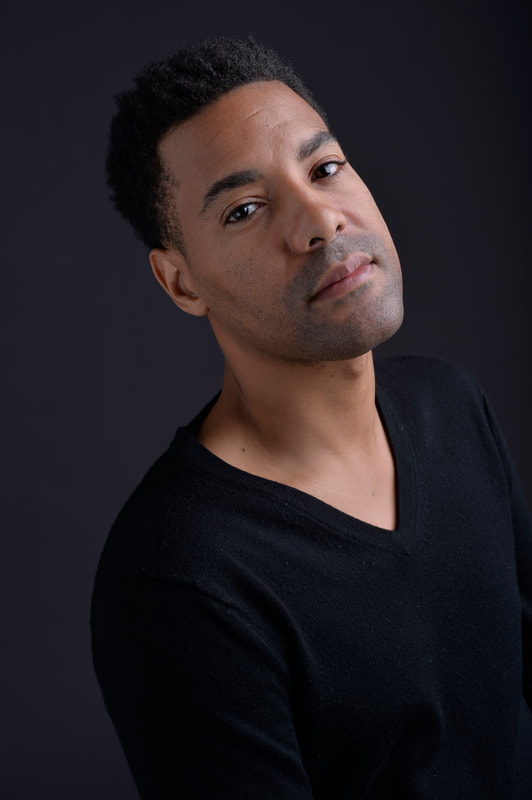‘Don’t Call Us Dead’:
Marilyn Nelson, Danez Smith, and the Contemporary Sonnet-Ballad
Marilyn Nelson, Danez Smith, and the Contemporary Sonnet-Ballad
Gwendolyn Brooks’s virtuosic fusion of sonnets with ballad stanzas’ verve paved the way for late- twentieth-century black writers to move elegiac verse beyond ironic juxtaposition, complaint, and lament that responds to a racist gaze as eighteenth- and nineteenth-century poets were compelled to do. Over the past half-century, a host of peerless artists—chiefly Rita Dove, Yusef Komunyakaa, Natasha Trethewey, Wanda Coleman, Terrance Hayes, and Camille Dungy—have crafted little songs that document a spectrum of intimacies with an autonomous black selfhood. Two of these artists, who bookend this century, have had the audacity to reclaim a spectral liminality for black bodies and consciousness postmortem. Marilyn Nelson’s A Wreath for Emmett Till (2005) recounts Mamie Till’s torturous quandary—her inability to protect her only child, the last century’s most well-known lynching victim, from the evils of Jim Crow—but rejects, in a heroic crown, a maudlin surrender to sorrow. Similarly, Danez Smith’s sonnet sequence in Don’t Call Us Dead (2017) advances discourse on being black, genderqueer, and living with, rather than dying from, HIV complications, which their literary ancestors Melvin Dixon, Essex Hemphill, Assoto Saint, and others could not do. Nelson and Smith embrace the affirming power of the black maternal synonymous with the advent of African American literature and the American songbook. Drawing upon the exceptionality of what I call kweer studies—a riff on the nominalism, quare, coined in the landmark text, Black Queer Studies (2005)—I will demonstrate how Nelson and Smith enliven a centuries-long tradition of centering this natal lens as the source of the most potent and lasting form of African American protest.
L. Lamar Wilson’s scholarship has appeared in Callaloo, Obsidian, and south. His documentary poetics has yielded two collections, a stage production, and a film: Sacrilegion (Carolina Wren Press, 2013); Prime (Sibling Rivalry Press, 2014); The Gospel Truth (2017); and The Changing Same (2019, PBS/POV Shorts), a collaboration with Rada Film Group.
